The Coronavirus Job Retention Scheme, better known as the furlough scheme, was introduced by the chancellor Rishi Sunak in March to help employers deal with the financial impact of the COVID-19 pandemic. Official estimates suggest that by the end of August, over 9.6 million employees had been furloughed by more than 1.2 million employers at a total cost of £35.4 billion to the Treasury.
It has been suggested that when government support finishes, thousands of jobs could be at risk. A rise in unemployment over the coming weeks could have a knock-on effect on the rental market if tenants struggle to pay rent without a regular income.
A recently published report on the effects of COVID-19 on the UK rental market shows that 13.4% of tenants were in arrears in July – down from over 15% in May. But while the situation may have stabilised recently, the end of the furlough scheme and possible worsening unemployment could jeopardise that progress.
When tenants cannot pay their rent, the consequences are felt throughout the property industry. Arrears cause cashflow issues for landlords, many of whom have buy-to-let mortgages to pay and can no longer request payment holidays from their lenders.
With serious consequences for all parties, it's crucial that landlords have the measures in place to limit arrears occurring and managing them effectively when they do.
Since the lifting of the evictions ban in September, landlords are now required to give tenants an extended notice period of six months – although this can be reduced to four weeks in cases where they have accumulated over six months of arrears, or in the case of certain special circumstances such as criminality or anti-social behaviour. However, good arrears management
practices can help landlords to limit arrears and potentially continue the tenancy.
Rising rent arrears can quickly damage relationships between tenants, landlords and agents, but communication is key and should not be allowed to break down.
Landlords should contact renters in arrears as soon as the first payment is missed and make all reasonable attempts to resolve the situation with a repayment plan. It's also advisable to contact those tenants who could be at risk of financial insecurity before the job retention scheme finishes at the end of October.
It can be beneficial to understand tenants' financial circumstances, employment situations and prospects. As courts will now require landlords to present evidence of COVID-19’s effects on a tenant’s finances, this information could also be critical in any eviction proceedings that may result.
After that, your letting agent can help by organising affordable repayment plans so that landlords can recoup lost rent and tenants have an action plan to follow. It's also important to advise tenants on the support measures available to them, including Universal Credit.
Alongside effective communication, landlords need to have digital record-keeping processes in place so they can keep track of all payments and any agreements made. This allows them to show tenants where they stand, as well as providing a paper trail of evidence if the situation worsens and further action needs to be taken.
The furlough scheme has been crucial in underpinning the jobs market for the last six months, but its end could have a significant impact on the UK economy. With the right measures in place, landlords can minimise the risk to their cashflow and maintain good tenant relations.
If you need any help with arrears management, Baillie White Lettings & Management is here to help. Call 01268 955001 or email today pippa@baillie-white.co.uk and we can move forward with your personal plan.



 By
By 
 By
By 
 By
By 
Share this with
Email
Facebook
Messenger
Twitter
Pinterest
LinkedIn
Copy this link